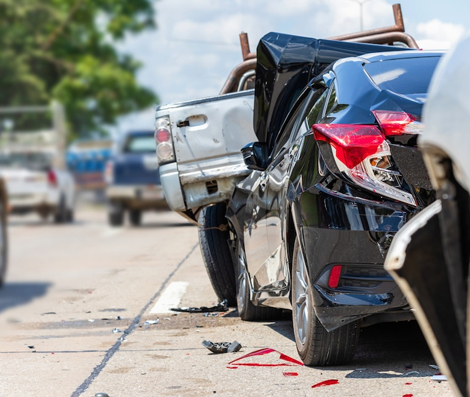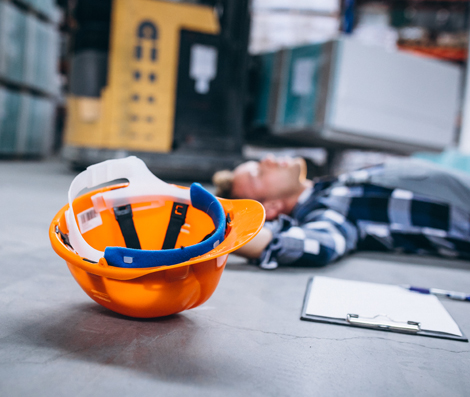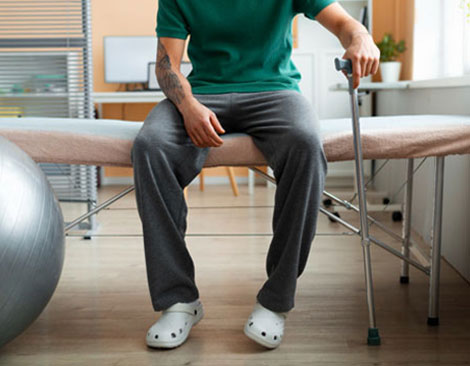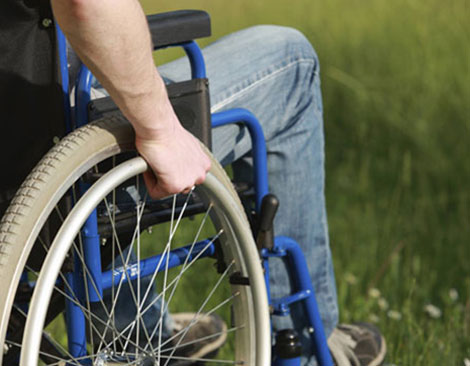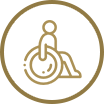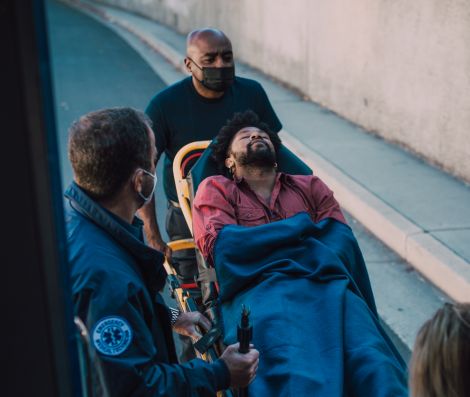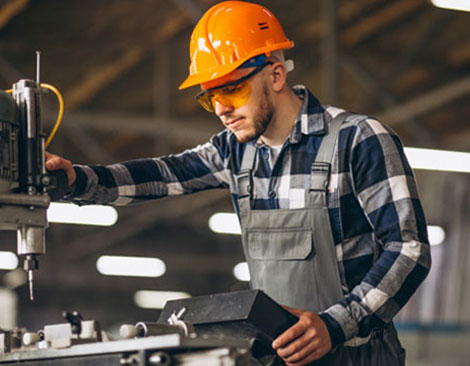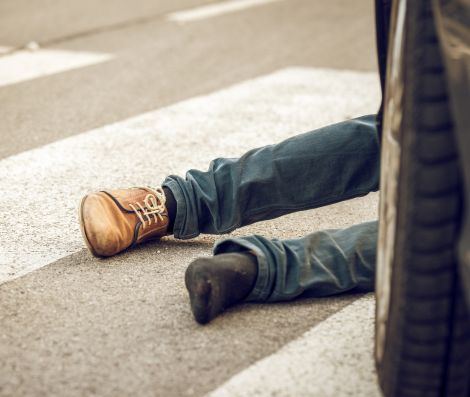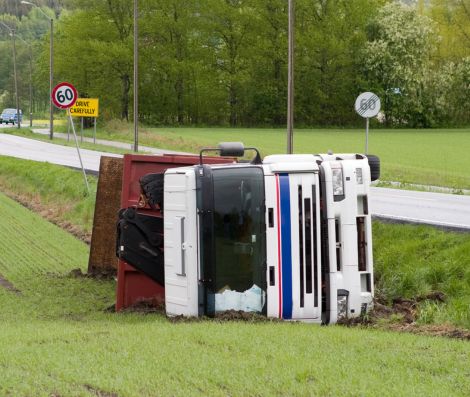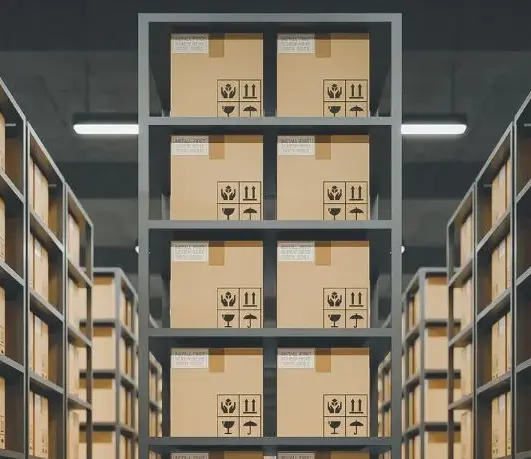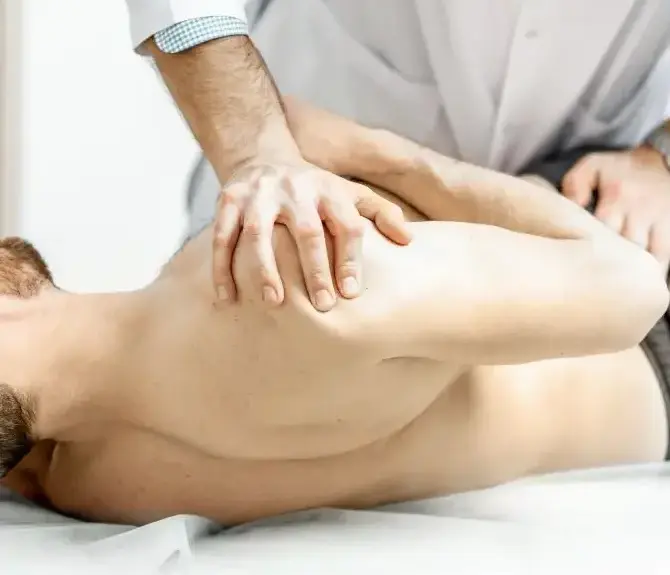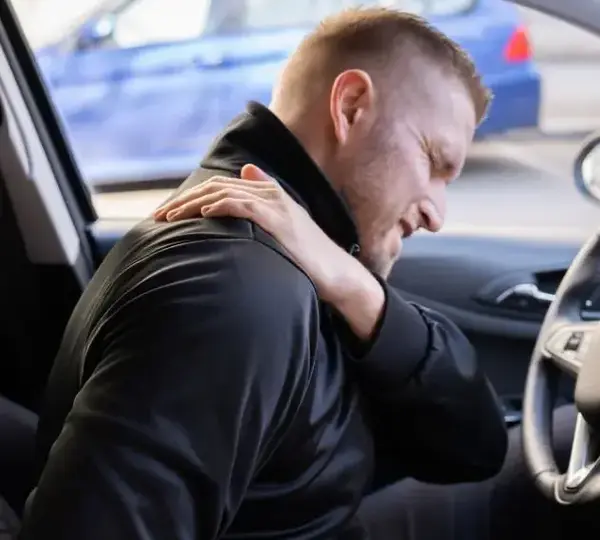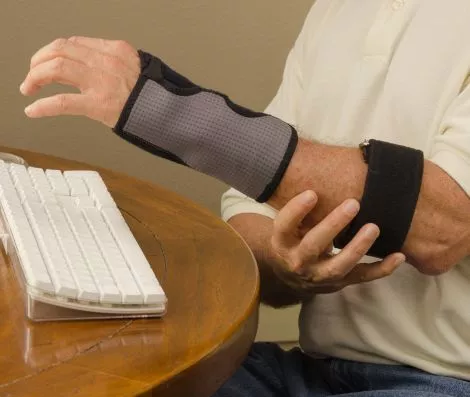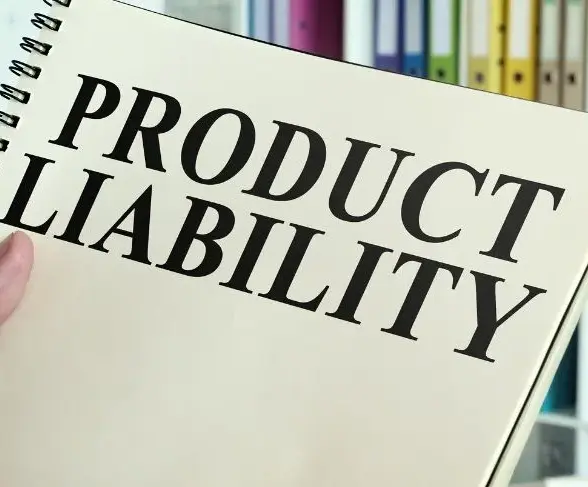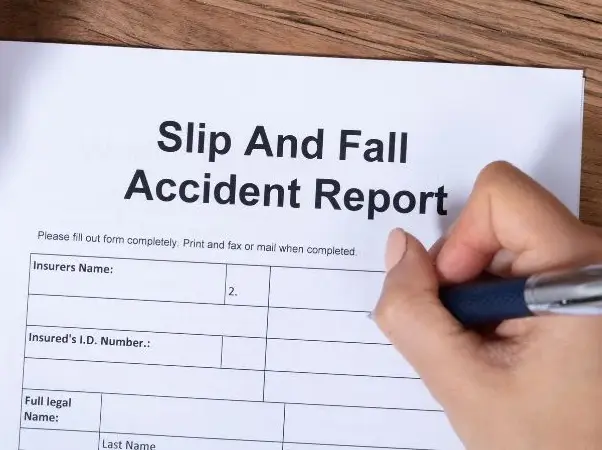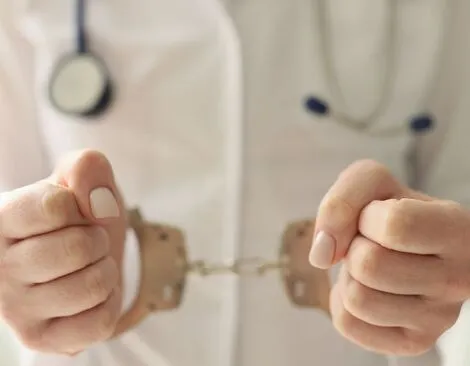Charlotte Office 704-815-6055
Asheville Office 828-252-2852
Charlotte Construction Accident Lawyer
Charlotte Construction Accident Attorney
A construction site is an incredibly dangerous place to be a bystander, and it has significantly more dangers for employees who work on the site for many hours a day. Working in construction is one of the most dangerous occupations and includes working with hazardous materials, dangerous machinery, and construction vehicles. If you’ve been injured at a construction site, you can benefit from retaining a Charlotte construction accident lawyer.
Construction accidents can result in severe and catastrophic injuries like traumatic brain injuries, broken bones, amputations, and spine and spinal cord injuries. These severe injuries require a lot of medical care and recovery time. An individual may be unable to return to work for a long period of time or may be unable to return to work at all.
Construction accidents also have a high likelihood of fatality, and surviving family members deserve compensation during this difficult time. A personal injury or workers’ compensation claim may provide the individual or their family members with the compensation they need.
Unfortunately, when you are recovering from catastrophic injuries and dealing with immense pain and recovery, it can be overwhelming to manage a civil or workers’ claim. This is also true when family members have lost a loved one. During this difficult time, it can be helpful to work with a Charlotte construction accident lawyer who can handle a claim on your behalf, guide you through the legal process, and get you the financial stability you need.
Get the Compensation You Need After a Charlotte Construction Accident
When you or a loved one has suffered from a construction accident, it can be overwhelming and emotionally and physically painful. You and your family may be suffering from financial strain as you receive expensive medical treatment and suffer a major loss of income. A claim is essential to managing these financial damages, but it isn’t always easy to deal with this issue while in pain and recovering. Even more frustrating is the knowledge that these claims need to be filed quickly.
The attorneys at Bridgman Gantt want to review, investigate, and calculate your claim for you. We manage important deadlines, insurance negotiations, and other legal requirements so that you can focus on recovery. We know how frustrating this situation can be for individuals and families. We want to fight for your compensation to ease your stress and give you the financial support you need.
Our attorneys can help you determine whether you should file a personal injury or workers’ compensation claim and begin planning accordingly to build a strong case. We listen carefully to your unique needs and accident circumstances to effectively tailor our legal services to those needs.
What Should I Do if I Have Been Injured on a Construction Site?
Whether you are an employee or another individual injured on a construction worksite, there are several steps you should take to protect your health and your right to file a claim.
- Get medical attention. The most important step is to contact emergency medical care and have your injuries looked at by a professional. This is important to your own health, and it is also important evidence in a workers’ compensation or personal injury claim. If you are involved in an accident and don’t think you have any injuries, it is still important to obtain a medical evaluation for this reason.
- Report the accident. If you are an employee, you should be sure to report the accident and injury to your manager, supervisor, or employee as soon as you reasonably can while still onsite. If you have severe injuries, reporting the accident is not a priority. Once you are able to do so, inform the relevant party of the accident and injury and file a report. You may also want to begin the process of filing a workers’ compensation claim.
- Document the accident and injury. If you are able, take photos of the accident site and your injuries. Write your own personal account of the accident. This is essential evidence for any type of claim.
- Determine witnesses to the accident. If any coworkers, employees, or other individuals were present during or after the accident, obtain their contact information.
- Keep records. This includes a copy of an employer accident report, statements from witnesses, medical treatment bills, and additional costs related to the accident.
- Contact a construction accident attorney. Your attorney can advise you on your next legal steps, determine whether a workers’ compensation or personal injury claim is appropriate, and prevent you from giving an insurance provider information they can use against you.
Construction Accident Workers’ Compensation Claim vs. Personal Injury Claim
Employees injured on the job have the right to file for workers’ compensation, regardless of the cause of the accident, through the workers’ compensation insurance system. Bystanders or non-employees may also be able to obtain compensation if another party was at fault for the accident by filing a personal injury claim. However, there are situations where an employee may be able to file a personal injury claim, and it is important to understand how these claims differ.
In most situations, a workers’ compensation claim is an employee’s only method of obtaining compensation. In a workers’ compensation claim, there does not have to be an at-fault party. An employee, in some cases, may even be partially responsible for their own injury and still file for workers’ compensation.
Workers’ compensation claims exist to protect both employers and employees. Employers are protected from personal civil liability. This is why it is rare that an employee can file a personal injury claim against their employer.
A workers’ compensation claim can cover medical bills and a portion of the employee’s lost income while they recover. However, unlike personal injury claims, a workers’ compensation claim will not provide for non-economic damages such as physical pain or emotional distress.
Most companies in the state are required by law to carry workers’ compensation insurance. An employee can file a workers’ compensation claim with the insurance held by their employer if their injury is work-related. This includes injuries from sudden worksite accidents and developmental injuries or illnesses.
A non-employee may file a personal injury claim against an at-fault party if they are injured on a construction site. Non-employees may include bystanders, sub-contractors, visiting parties, and sometimes independent contractors. An at-fault party may include the construction company, a product manufacturer, or other party.
A party is at fault when they have acted carelessly, recklessly, or negligently, and those actions resulted in the individual’s injuries or other damages. Fault must be present to file a personal injury claim. If no one is at fault, no one can be held legally liable for damages, and the claim will be unsuccessful.
There are very specific situations where an employee may file a personal injury claim in addition to or instead of a workers’ compensation claim.
One cause may be that a third party is liable for the accident. This may occur if an employee is driving a construction vehicle while they are clocked in and are in a car accident that is not their fault. In that situation, they may file a workers’ compensation claim with their employer and a personal injury claim against the at-fault driver or other party.
A third party may also be at fault if the injury was caused by a defective product or machine or if a subcontractor who is not an employee was at fault for the accident.
If an employee is injured in the workplace, and their employer does not have the workers’ compensation insurance they should, the employee can find compensation through a personal injury claim.
Another unique situation that would allow an employee to file a personal injury claim against their employer is if their employer is found to be malicious or willfully negligent in their actions. If an employer’s willful or criminal negligence caused the accident and injury, the employee may file a personal injury claim. This situation may also allow for punitive damages.
Common Injuries in Construction Accidents in Charlotte, NC
Construction accidents frequently cause severe and potentially fatal injuries. These dangers are much more likely to impact employees, particularly when safety regulations are lax or there is improper supervision. Common injuries include:
- Spinal cord injuries
- Neck and other spine injuries
- Broken, fractured, and crushed bones
- Traumatic brain injuries, including concussions
- Head injuries like skull fractures and dental injuries
- Burn injuries
- Electrocution
- Nerve damage
- Limb amputation
- Crushing injuries
- Loss of hearing or sight
- Respiratory illnesses
- Internal organ injuries
- Serious lacerations
- Wrongful death
Depending on the accident, these injuries can have varying levels of severity. They are often catastrophic and leave the injured party with long-term or permanent disabilities. A traumatic accident and injuries can additionally result in post-traumatic stress disorder (PTSD), depression, anxiety, and other mental health disorders. It’s essential to obtain compensation for the current and long-term medical needs and financial burden of these injuries.
Common Causes of Accidents and Injuries on Charlotte Construction Sites
A sudden accident on a construction site can happen for many reasons and cause injuries to multiple employees and third-party individuals. Some of the most common reasons for construction accidents in Charlotte, NC include:
- Falling
Employees work at great heights frequently, operating tall construction vehicles, standing on roofs, scaling ladders or scaffolding, or working on roofs. Even a second-floor fall can cause significant injuries. There may be insufficient safety railings, hazards on surfaces, or unstable ground.
- Falling Objects
If an object on a higher level is unsecured, it can fall on individuals and cause serious head injuries, even with proper protective gear. Building materials, tools, timber, steel beams, and debris can fall from upper floors, off construction equipment, or into trenches.
- Unstable Structures
If equipment or scaffolding is improperly constructed or maintained, it can collapse, harming employees on the structure and bystanders under or near it. The construction build itself may also be unstable, whether it was unsafe before construction began or was made unstable. When the property itself is unsafe, a property owner, architect, or supervisor for the project may be held liable.
- Machinery Accidents
Heavy and potentially dangerous machines are necessary for construction work, including cranes, drills, pile drivers, and other machines. If used incorrectly or operated negligently, these machines can cause serious injury. Accidents can also occur if proper training or safety features are not provided by employers.
Heavy machinery accidents can also happen due to malfunction. In some cases, this malfunction can be attributed to the negligence or failure of a manufacturer, designer, or distributor of the machine or component that malfunctioned.
Construction vehicles are necessary for transporting employees and materials both onsite and offsite. These vehicles can get into accidents if negligently operated, like any other motor vehicle. Vehicles like bulldozers, forklifts, and garbage trucks are much larger and heavier than passenger vehicles, which can lead to more damage and more severe injuries.
- Heavy Material Accidents
Employees must move and work with heavy building materials each day. If these materials are not properly secured, or an employee is unable to hold them, these materials can cause broken bones and crushing injuries. Employees may also be injured by sudden sprains and strains from carrying heavy materials.
- Electrical Dangers
Construction sites need lots of electricity on sites that may often not have an electrical setup. This can frequently lead to faulty wiring and other electrical dangers. This can lead to electrocution, sparks, and electrical fires. Employees may also work on power lines and work with electrical equipment. This can also cause electrocution.
- Chemical Exposure
Most chemical exposure injuries are long-term conditions from inhaling or being in contact with toxic materials. Certain chemicals and hazardous materials are dangerous even under short-term exposure and could cause chemical burns or similar injuries.
If employers do not train their employees to handle these materials with care and/or do not provide employees with personal protective gear, employees can be severely injured. An employer may be considered willfully negligent for these actions.
- Trench Collapses
Certain construction sites require employees to dig out and work in trenches. If improperly constructed or made in unstable soil, these trenches can collapse, causing severe crushing injuries and fatalities. Trenches can also flood, causing collapse or otherwise making the trench unsafe for employees.
- Explosions
Explosions can be caused by several hazards, including bad wiring, flammable chemicals, gas leaks, and electrical sparks. An explosion on a construction site can hurt many people, causing burns, scarring, loss of limbs, and deaths.
Common Developmental Injuries and Illnesses from Construction Work
Employees frequently suffer from work-related injuries and conditions that are not from sudden accidents on the worksite. Long-term exposure to certain materials and repetitive motion can cause other injuries and occupational illnesses. These conditions may be caused by:
- Chemical Exposure
Construction sites see many potentially toxic chemicals, such as engine fuel, paints, stains, and varnishes. Exposure to these materials over time can cause conditions like cancer and respiratory illnesses. This is more likely if proper protective gear and/or ventilation are not provided when working with these chemicals.
- Repetitive Motion Injuries
Repetitive motion injuries occur when employees repeat the same motions constantly, such as in assembly-line arrangements or consistently lifting heavy items. Repetitive motion injuries cause tissue, tendon, and nerve damage over time. If employees are not able to rest these injuries, they only worsen.
- Dust and Dirt Inhalation
Construction sites frequently have dust, debris, and dirt in the air from the location and construction work. Trenches are even more likely to have this issue. If employers do not ensure proper safety or protection, employees can develop occupational illnesses like respiratory conditions.
Developmental workplace illnesses can cause serious damage to employees, but it can sometimes be hard to prove that the injury occurred in the workplace. A workers’ compensation insurance provider may attempt to claim the illness was present before employment and the condition wasn’t worsened by the employee’s work. An experienced attorney can handle a proper investigation to prove a developmental condition was workplace-related.
How Does a Charlotte Construction Accident Attorney Help Me?
A construction accident lawyer is incredibly beneficial to any claim and improves the chances that you will receive the most compensation possible for the claim. An attorney can help you by:
- Determining what type of claim to file. If you are an injured employee, an attorney can help you determine if you have the ability to file a personal injury claim. If you do, an attorney can then help you make an informed decision on whether that is the right option.
- Investigating the accident. An attorney can review the incident that caused your injury or review the workplace for the cause of a developmental illness. They can gather eyewitness testimony, accident reports, professional opinions, and medical documentation using their resources.
- Calculating damages. An attorney has experience determining the true value of a claim and fairly calculating the compensation you deserve.
- Determining fault. If you are filing a personal injury claim, an attorney can investigate the at-fault party in the accident.
- Negotiating with insurance providers or attorneys. While you may have little experience negotiating a claim, an attorney has done so often. They know how to approach negotiations with an employer workers’ compensation company or the at-fault party’s attorney or provider. Their negotiation skills can immensely improve the compensation you receive in a settlement.
- Building your claim. An attorney can compile evidence and necessary information to create a strong workers’ compensation or personal injury claim.
An attorney can advocate for your needs in negotiation and represent you in litigation if a fair settlement can’t be reached.
What Damages Can I Get in a Workers’ Compensation Claim in Charlotte, NC?
A workers’ compensation claim should cover certain damages an employee suffered in their accident or from their developmental illness. These damages include:
- Medical Costs: Any medical and healthcare bills that are directly related to the injury or illness are compensable by a workers’ compensation claim. This includes any medical treatment meant to limit your disability, relieve pain, and directly treat the injury.
Medical costs may include hospital stays, doctor’s appointments, surgery, rehabilitative care, physical therapy, medical devices, prescription drugs, mobility aids, and medical modifications to your home or vehicle.
- Temporary Disability Benefits: Temporary disability benefits are provided when you need to take a certain amount of time off of work to recover but are eventually expected to be able to return to your work. Temporary benefits may also be provided when you can return to work in a limited capacity. Disability benefits are typically ⅔ of your weekly wages, provided either weekly or in a lump sum.
- Permanent Disability Benefits: You receive permanent disability benefits if your injury prevents you from ever returning to work or returning to work in full capacity. Once you reach your Maximum Medical Improvement (MMI), a healthcare provider will determine your disability rating based on how much the injury impacts your life.
This rating impacts the compensation you will receive. Permanent disability benefits are also usually ⅔ your weekly wage and are provided to make up for lost future income and lost earning capacity.
What Damages Can I Get in a Personal Injury Claim in Charlotte, NC?
Personal injury claims have slightly different damages than are available in a workers’ compensation claim. Like a workers’ comp claim, the damages earned in a claim directly reflect the damages suffered in an accident. These compensable damages could include:
- Medical Costs: Like a workers’ compensation claim, any medical bills directly related to the injury may be covered by compensation. This includes past and anticipated future costs.
- Lost Income: A personal injury claim can compensate for any income lost during recovery. If you had to miss work for appointments related to the injury, this may also be compensable. These claims may also cover lost future earning capacity if your ability to return to your job is affected.
- Pain and Suffering: Non-economic damages, including physical pain, loss of quality of life, and emotional trauma, may be covered by a claim.
There are additional damages available in personal injury claims that may not be available in workers’ comp claims. However, personal injury claims tend to take longer to resolve and require an at-fault party. An attorney can help you determine what claim is ideal for your situation.
Bridgman Gantt: Advocating for Your Claim
When you are injured in a construction accident, it’s essential to contact an attorney as soon as possible. The attorneys at Bridgman Gantt want to guide you through your claim process. We provide effective and caring legal representation during your difficult time. Contact our team today.
Contact Us Today
Please fill out the form below and we will be in touch soon.
"*" indicates required fields


